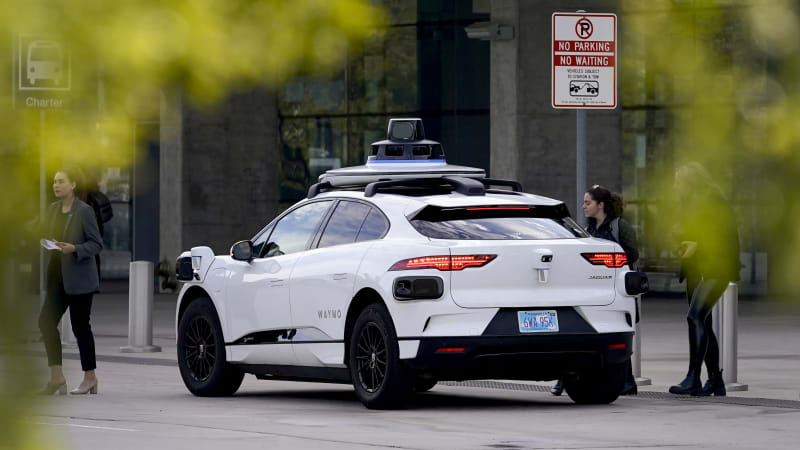There are about to be more autonomous taxis day and night in San Francisco

Despite a flurry of sometimes entertaining news stories about autonomous taxis going wild in San Francisco and other cities, the companies behind the high-tech people haulers are pushing to expand their testing and operations in California. Cruise and Waymo, companies owned by GM (majority owner) and Alphabet, respectively, recently picked up a big win with the approval of their applications to put even more autonomous vehicles (AVs) on the road in the state.
Automotive News reported that the California Public Utilities Commission (CPUC) voted 3-to-1 in favor of the companies’ applications, with Commissioner John Reynolds saying, “This technology has the ability to help California meet its clean energy and transportation goals, as these carriers offer service in electric vehicles.” He also noted the potential benefits that the so-called robotaxis could have for people with disabilities. Both Cruise and Waymo have invested billions into their AV operations and, in some cases, have conducted testing in other regions, including Phoenix.
Expansion for the two companies means extended business hours for Cruise, which is currently limited to operations between 10 a.m. and 5 p.m. Cruise also sought a larger service area in its application. Waymo’s proposal included a request for the ability to charge for rides, which it so far hasn’t been able to do.
The companies now have permission to begin citywide paid taxi service at all hours of the day throughout San Francisco and have said they plan to deploy more cars as a result. They collectively have more than 500 autonomous vehicles already in operation.
CPUC’s decision comes at a time of increased scrutiny on how AVs operate and navigate everyday driving challenges. There have been several reports of taxis stopping in the middle of the road and crashing into things. Some in San Francisco have taken to vandalizing the cars to temporarily disable them, using traffic cones and other items to block sensors, confusing the vehicles.
Executives at the companies have promised to strive for safety and collaboration as they grow. Cruise’s VP of global government affairs, Prashanthi Raman, said his company would “continue to work closely with our regulators, first responders, and other key stakeholders as we expand our service to more people.”
Includes reporting from Reuters.







